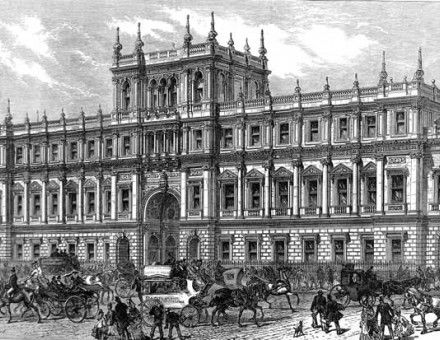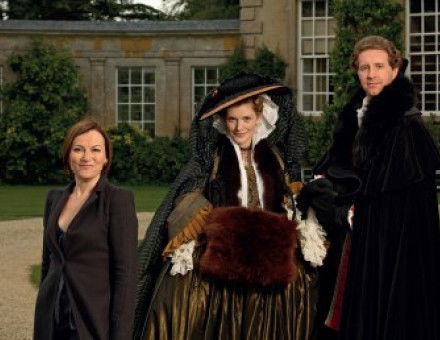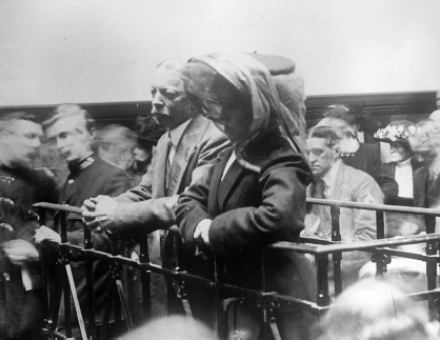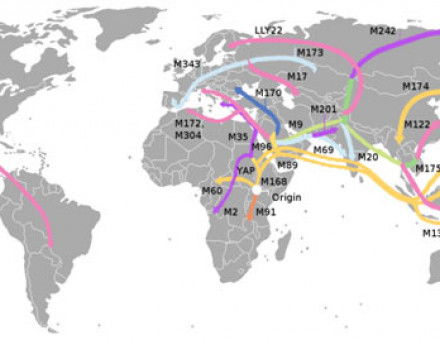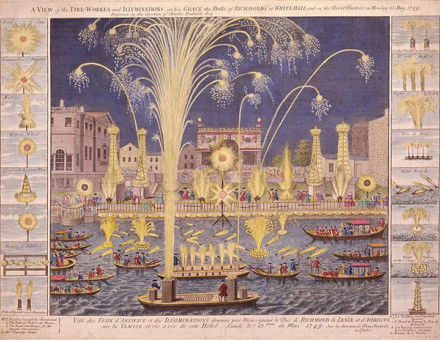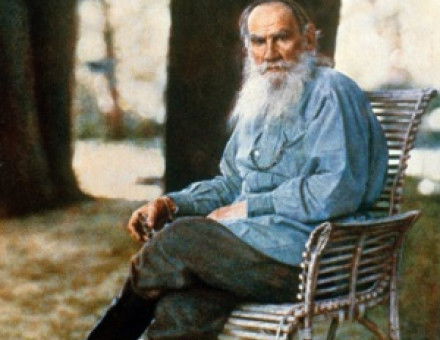The Great Experiment: The Royal Society
The Royal Society was founded in 1660 to promote scientific research. Through a process of trial and error, this completely new kind of institution slowly discovered how its ambitions might be achieved – often in ways unforeseen by its founders, writes Michael Hunter.


